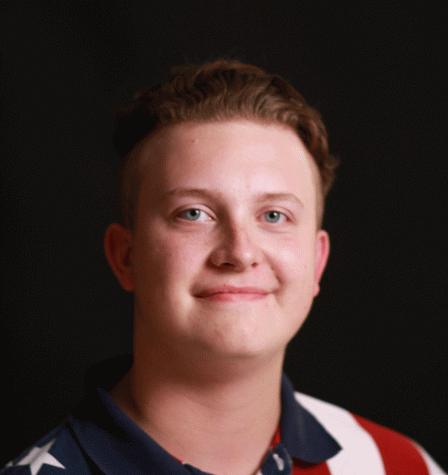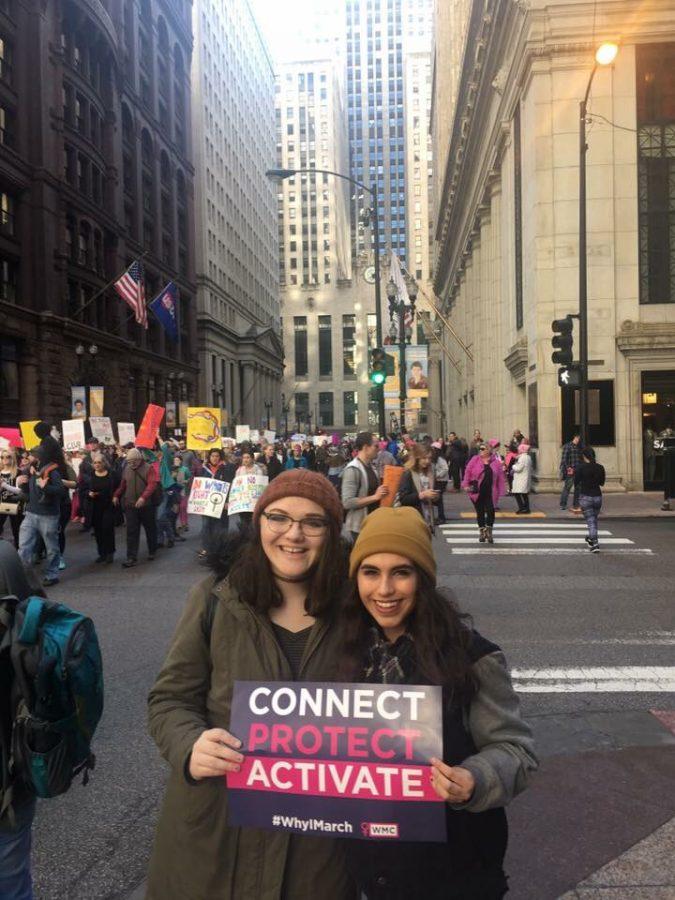Sequoit Students Participate in Chicago Women’s March
One day following the presidential inauguration, millions of people marched in cities across the country.
In response to President Trump’s inauguration, more than four million people from across the country marched to send a message to the new presidential administration. This message stemmed from issues on civil liberties and women’s rights.
In Chicago, more than 150,000 were in attendance, exceeding the estimated total of 75,000. Due to the large increase in turnout, the march portion of the event was cancelled. This decision was made after the march route was flooded with people, prohibiting movement and ending in street closures.
Saturday’s march was not limited to Chicago residents, but was also attended by Sequoit staff, students and others in the Antioch community.
“The environment was insane,” senior Alexis Mordawski said. “There were so many people that were so patient, kind and welcoming even when conditions got uncomfortable. There was no violence which was one of the most amazing things because of how many people were there.”
Because the inauguration of President Donald Trump resulted in protests and riots, many feared that the message of the Women’s March would be tarnished. Despite the violence the day before, the marches were peaceful and many are proud of the message that was delivered.
“The most important message from all of this is that people are not happy,” Mordawski said. “They are not going to sit around while people put them down. Feminism is not going away. The rally was not only about women’s rights but human rights. It was about equality and ending hate in the world.”
The main concern from activists is that the message will not be heard by those in power if more marches and rallies are not planned. Many have started sending postcards to US Senators and plan to meet with representatives to discuss the future of these important issues.
“Recent events have made me have a sense of fear that I have never felt before,” junior Madi Mahoney said. “As someone who is an openly gay woman, I have fears for not only my rights but people who are similar to me that might not have a voice in the first place.”


